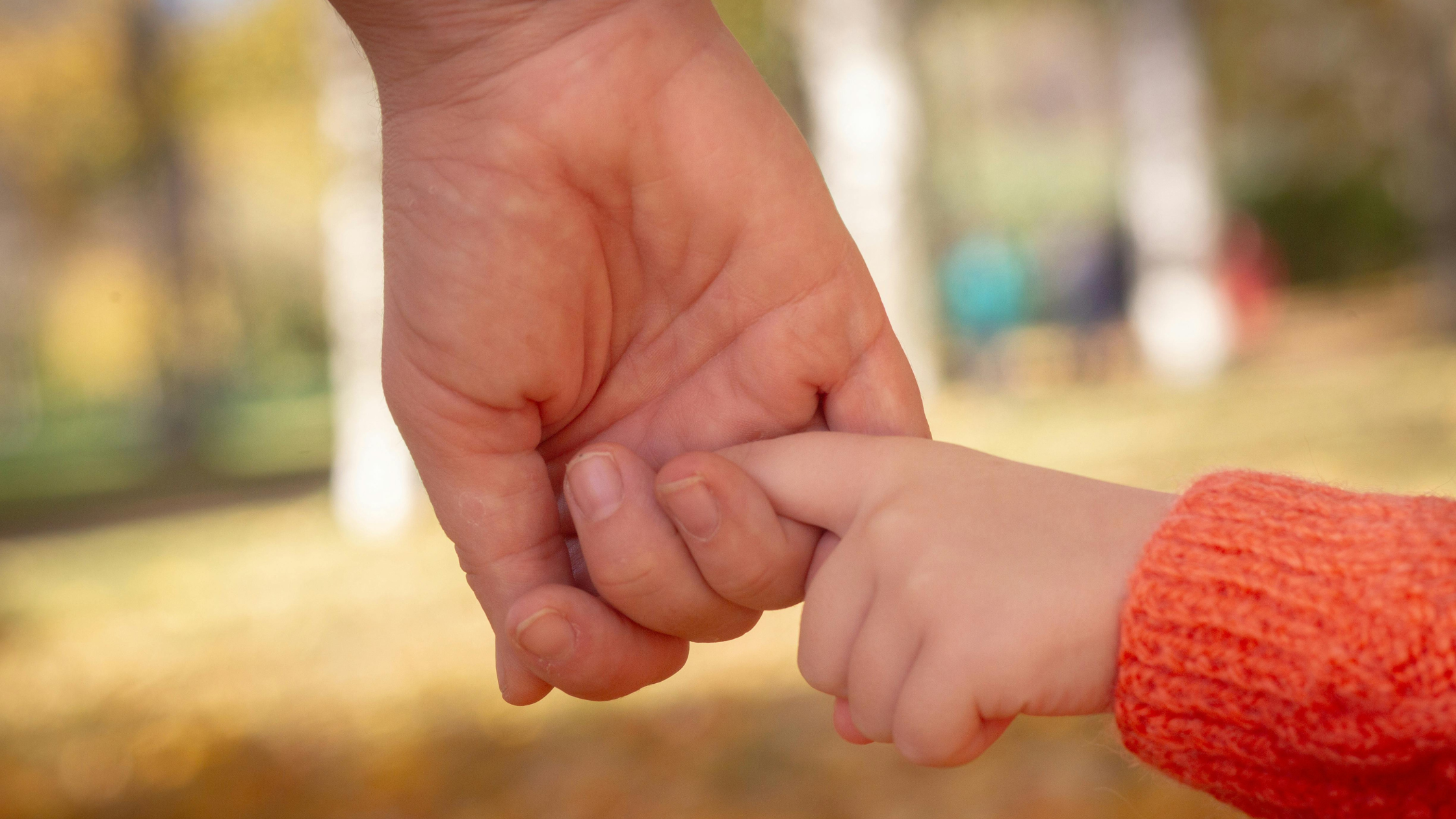Lessons from Little Ones: What Funeral Directors Can Learn From Children
In funeral service, we constantly learn from mentors, colleagues, and business leaders. But I've found some of my most valuable lessons come from watching kids. Yes, children, those small, honest, and wonderfully genuine individuals, often show us exactly how to handle challenging moments in ways we adults tend to overlook.
Kids have an incredible way of seeing things clearly, unfiltered and without pretense. They bring authenticity, curiosity, creativity, and acceptance. When we allow ourselves to learn from their perspective, we can serve families even better.
Think about it: children don’t hesitate to express how they feel. A child grieving a loved one doesn’t hide sadness, confusion, or joy. They simply show up as themselves, openly experiencing the full range of emotions. As funeral directors, we often put pressure on ourselves to keep emotions in check, thinking it makes us more professional. But I’ve found families feel much more connected when we let our true empathy show. Genuine emotional responses aren’t signs of weakness; they're signs of real human connection.
Children are also naturally curious. They ask honest, even blunt, questions because they genuinely want to understand. They aren't concerned about etiquette or embarrassment; their openness allows for real conversations to unfold. Funeral directors can adopt this same spirit of curiosity. Approaching families with gentle, open-ended questions not only helps us better understand their needs but also makes families feel truly seen and heard.
Creativity comes easily to kids. I’ve watched children bring special drawings, handwritten notes, and even favorite toys to funeral services. Each act, no matter how small, becomes a powerful and personal tribute. As funeral professionals, we can learn to embrace this creativity in the services we provide. Encouraging families to express their memories and love in personal, creative ways transforms a typical funeral into something uniquely meaningful.
Lastly, children model true acceptance. They naturally understand that everyone grieves differently, and they rarely judge or question those differences. They simply offer support. If we adopt this acceptance, our funeral homes become places where families feel safe and supported to grieve openly, without fear of judgment.
By watching and learning from children, we elevate our approach to serving every person who walks through our doors. Kids remind us that grief is personal, that creativity matters, and that true compassion and understanding can transform a difficult moment into a meaningful memory.
Next time you're guiding a family through a difficult goodbye, take a moment to see the experience through young eyes. You might find it’s exactly the perspective you need to provide more profound, compassionate care.

